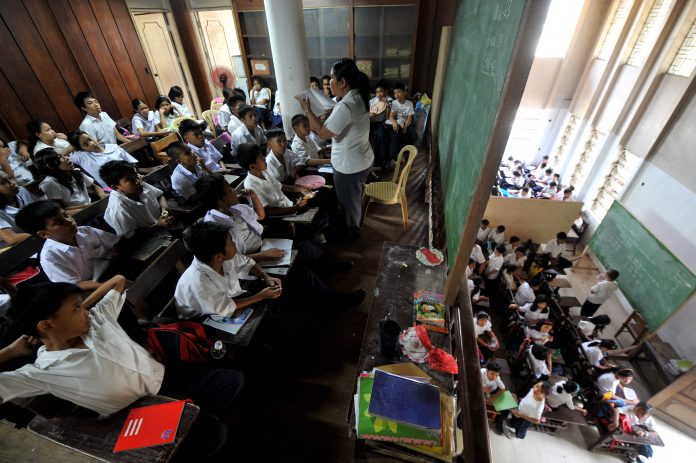The Catholic Educational Association of the Philippines (CEAP) has expressed its support for the government’s ongoing efforts to conduct a thorough review of Comprehensive Sexuality Education (CSE), emphasizing the need for inclusive consultations with stakeholders.
In a statement, CEAP commended Department of Education (DepEd) Secretary Sonny Angara for advocating a collaborative approach in shaping policies on sexuality education.
The organization, which represents over 1,500 Catholic educational institutions in the country, underscored the importance of ensuring that any policy on CSE is clear, well-founded, and safeguarded from misinformation.
While acknowledging the intent of proposed legislation aimed at preventing teenage pregnancies, CEAP raised concerns over potential conflicts with existing laws, particularly Republic Act No. 10354 or the Responsible Parenthood and Reproductive Health Act, and Republic Act No. 9710 or the Magna Carta of Women.
The group cautioned that implementing a standardized CSE framework could pose challenges to the identity, academic freedom, and operational autonomy of Catholic schools.
“Rooted in Catholic principles, CEAP is committed to promoting human dignity and values-based education,” the organization said, adding that its member schools, guided by their distinct missions, have incorporated age- and development-appropriate reproductive health education into their curricula.
However, CEAP warned that a uniform curriculum may not fully account for the cultural, religious, and institutional contexts of all schools.
It stressed the importance of allowing flexibility in reproductive health education programs so that schools can integrate faith-based perspectives while addressing students’ needs.
CEAP also underscored the fundamental role of parents in educating their children about sexuality and reproductive health.
“The Catholic Church teaches that parents are the primary educators of their children, and any school-based sexuality education program must respect and reinforce the role of parents in guiding their children’s moral and sexual development,” it said.
CEAP called for a “balanced and inclusive approach” that respects the diversity of educational institutions, upholds the role of parents, and ensures the autonomy of faith-based schools in delivering reproductive health education that aligns with their principles and values.









